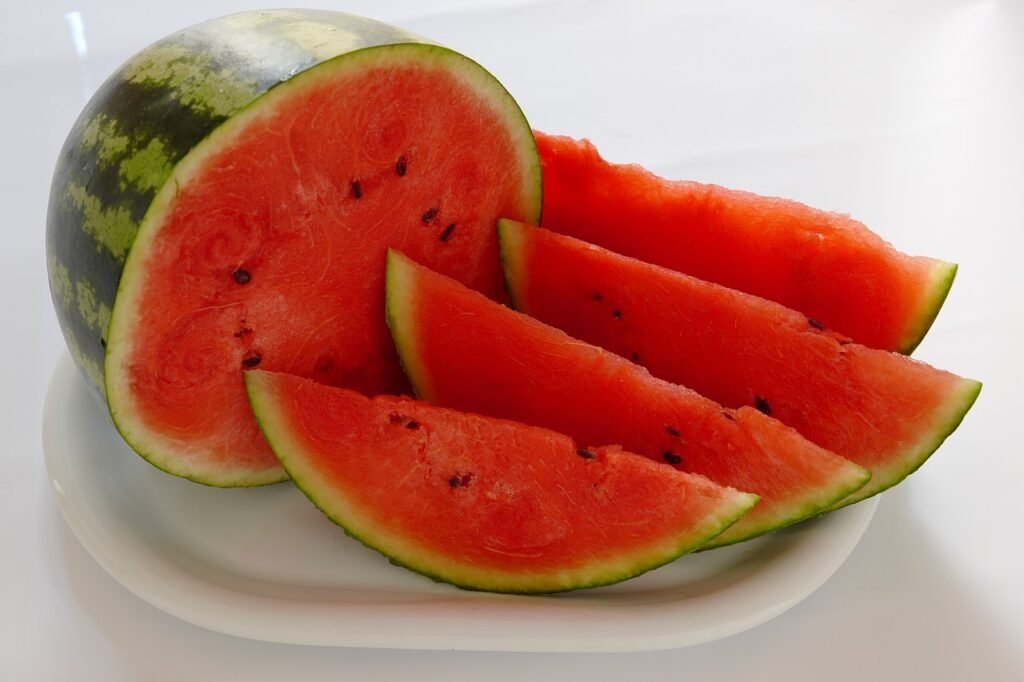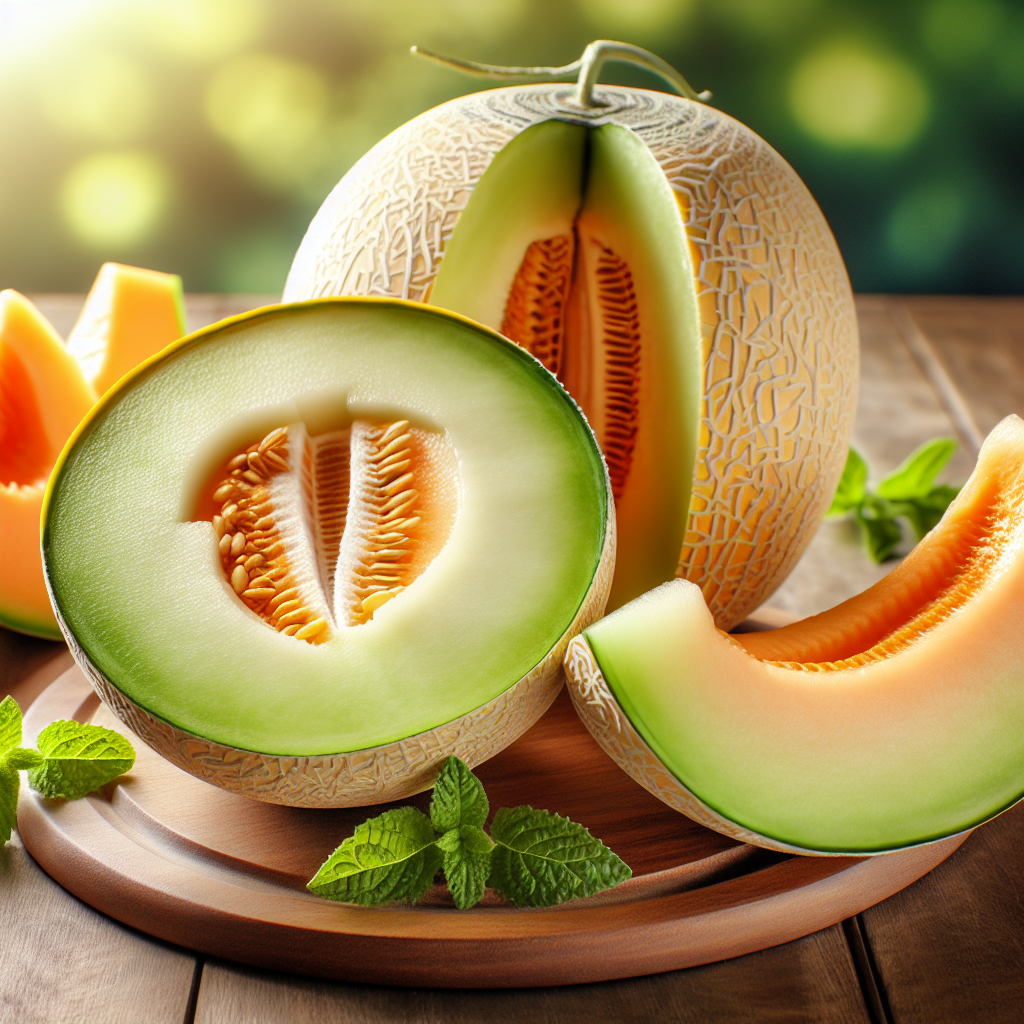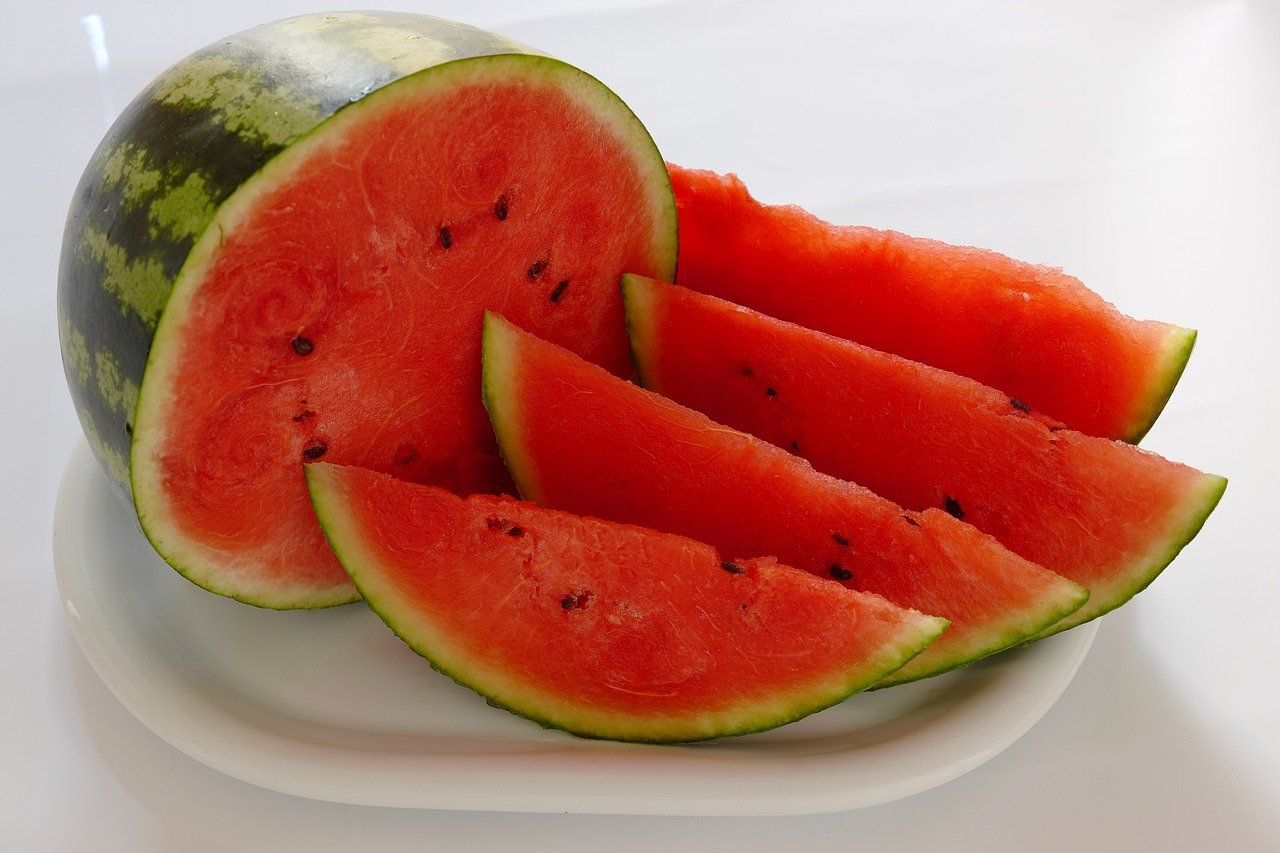Cantaloupe and honeydew, two popular melons often found in fruit salads and smoothies, are not only delicious, but also packed with essential nutrients. But have you ever wondered which of these juicy fruits might offer more health benefits? In this article, we’ll explore the nutritional profiles of cantaloupe and honeydew, comparing their vitamins, antioxidants, and potential health-promoting properties. So, if you’re curious to learn about these refreshing fruit champions and how they can contribute to your overall well-being, read on!
Comparing the Health Benefits of Cantaloupe and Honeydew
When it comes to choosing between cantaloupe and honeydew, both delicious and refreshing melons, you may wonder which one is healthier for you. This article aims to provide a comprehensive comparison of the health benefits of cantaloupe and honeydew, allowing you to make an informed decision based on your dietary needs.

Vitamin Content
Cantaloupe and honeydew are both excellent sources of vitamins, including Vitamin C, Vitamin A, and various B vitamins. However, cantaloupe takes the lead in terms of Vitamin C content, providing nearly double the amount found in honeydew. Vitamin C is known for its immune-boosting properties, as well as its role in collagen production and antioxidant protection.
On the other hand, honeydew shines when it comes to Vitamin A content. This essential vitamin promotes healthy vision, supports the immune system, and aids in the growth and repair of cells. Cantaloupe also contains Vitamin A, but honeydew surpasses it in this regard.
Mineral Content
Minerals are vital for maintaining overall health and functionality of the body. Both cantaloupe and honeydew offer an array of essential minerals, including potassium, magnesium, and copper. Cantaloupe contains a slightly higher amount of potassium, a mineral that helps regulate blood pressure and maintain proper heart function.
Honeydew, on the other hand, stands out for its significant magnesium content. Magnesium plays a crucial role in various bodily functions, such as energy production, nerve function, and muscle contraction. With its high magnesium content, honeydew can contribute to your daily requirements of this essential mineral.

Carbohydrates and Fiber
If you’re watching your carbohydrate intake or looking to add more fiber to your diet, both cantaloupe and honeydew can be excellent choices. Cantaloupe contains slightly more carbohydrates per serving, but the difference is minimal.
When it comes to fiber content, both melons offer a moderate amount. Fiber is beneficial for digestive health, as it helps promote regular bowel movements and prevents constipation. Including either cantaloupe or honeydew in your diet can help increase your daily fiber intake.
Calorie and Fat Content
When it comes to counting calories, both cantaloupe and honeydew are low in calories, making them great options if you’re looking to maintain or lose weight. Cantaloupe typically contains fewer calories per serving than honeydew, but the difference is minor.
Additionally, both melons are virtually fat-free, making them a healthy choice for those following a low-fat diet. Whether you choose cantaloupe or honeydew, you can enjoy their sweet and refreshing flavors without worrying about excessive calorie or fat intake.

Antioxidant Properties
Antioxidants play a crucial role in protecting the body against harmful free radicals, which are associated with various chronic diseases and aging. Both cantaloupe and honeydew contain antioxidants, such as Vitamin C and beta-carotene, which have been linked to a reduced risk of certain diseases, including heart disease and cancer.
While cantaloupe has a higher Vitamin C content, honeydew is richer in beta-carotene, a precursor to Vitamin A with potent antioxidant properties. Including a mix of both melons in your diet can provide a broad spectrum of antioxidants, ensuring optimal protection against oxidative stress.
Hydration and Water Content
Staying hydrated is essential for maintaining overall health and well-being. Both cantaloupe and honeydew are excellent sources of hydration, as they have high water content. In fact, melons, in general, are known for their hydrating properties.
Cantaloupe and honeydew can contribute to your daily water intake, helping to prevent dehydration and promoting healthy bodily functions. Enjoying slices of these melons on a hot summer day can be a tasty and refreshing way to stay hydrated.

Digestive Benefits
Good digestion is key to overall health and well-being. Cantaloupe and honeydew can both promote healthy digestion due to their fiber content. Fiber adds bulk to the stool, making it easier to pass through the digestive system and preventing constipation.
Additionally, the natural sugars present in these melons can provide a gentle laxative effect, aiding in regular bowel movements. Including cantaloupe or honeydew in your diet can contribute to smooth digestion and help maintain a healthy gastrointestinal tract.
Immune System Support
Boosting the immune system is crucial for fighting off illnesses and infections. Cantaloupe and honeydew, with their rich vitamin content, can both contribute to immune system support.
Cantaloupe, with its high Vitamin C content, can help strengthen the immune system and protect against common colds and other respiratory infections. Honeydew, on the other hand, provides a good amount of Vitamin A, which is essential for a healthy immune response and proper functioning of immune cells.

Eye Health
Maintaining good eye health is important, and both cantaloupe and honeydew can contribute to this. Cantaloupe’s high Vitamin C content aids in the production of collagen, a protein that provides structure to the eyes and helps prevent vision problems, such as cataracts.
Honeydew, abundant in Vitamin A, specifically in the form of beta-carotene, supports optimal vision. Beta-carotene is converted into retinol within the body, contributing to the health of the retina, enhancing night vision, and reducing the risk of age-related macular degeneration.
Heart Health
Cantaloupe and honeydew can both be beneficial for heart health, thanks to their nutrient profiles. The high potassium content in cantaloupe helps maintain healthy blood pressure levels, reducing the risk of cardiovascular diseases, such as heart attacks and strokes.
Meanwhile, the magnesium found in honeydew plays a role in maintaining a regular heartbeat and relaxing blood vessels. This mineral contributes to proper blood flow and may help lower the risk of heart disease.
In conclusion, both cantaloupe and honeydew offer a variety of health benefits. Cantaloupe excels in Vitamin C content and potassium, while honeydew shines in Vitamin A content and magnesium. Including a combination of both melons in your diet allows you to enjoy a wide range of vitamins, minerals, and antioxidants, promoting overall health and well-being. So why not indulge in the sweetness of cantaloupe and honeydew to reap their delicious and nutritious rewards?

